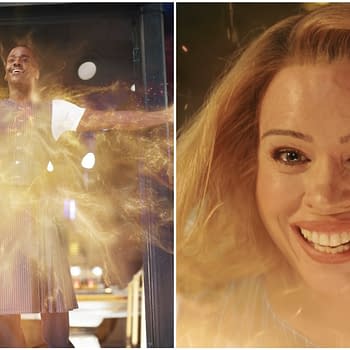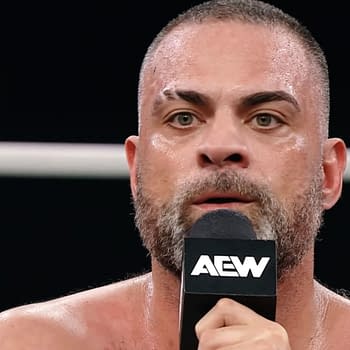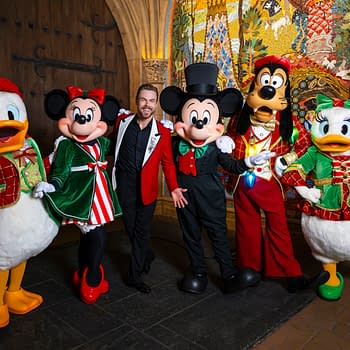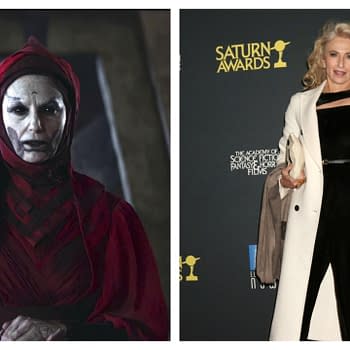Posted in: BBC, Doctor Who, TV | Tagged: bbc, david tennant, doctor who, jodie whittaker, matt smith, Murray Gold, russell t davies, segun akinola
Doctor Who Can Carry a Tune: Looking Back at Some Epic Musical Moments
A look at how composers Murray Gold & Segun Akinola enhanced some epic Doctor Who moments for more than a decade since its return in 2005.
Doctor Who has been about big epic moments, especially the modern version of the show that returned in 2005. Unlike the classic version of the show, which had tiny budgets – and it showed – the current version of the series has reached the stage where its epic scope is being matched by its budget and production values. One major change has been a full orchestra playing the drama.
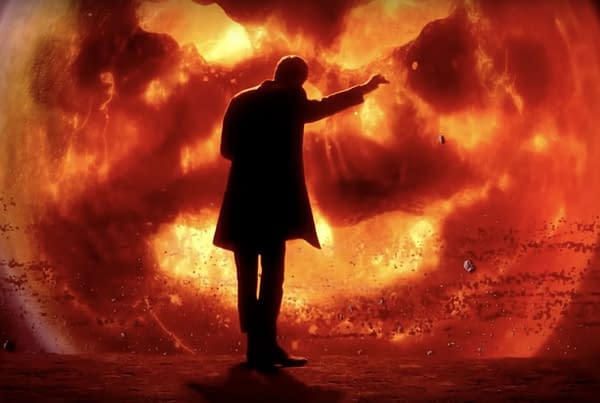
Doctor Who has only had two composers, Murray Gold, and Segun Akenola. Both, in their way, enhanced the show's epic moments, often providing the emotional surge and context for the scene. Gold's original compositions are similar to what John Williams did for Hollywood blockbuster movies. The latest compilation video on the BBC's Doctor Who YouTube channel could have been much longer, but it does feature the most epic moments that Gold and Akinola's music enhanced emotionally.
There's the Tenth Doctor's (David Tennant) regeneration scene, probably the most bombastic and epic regeneration of them all – he blew up the TARDIS control room in the process. The score also showed classical composers like Handel and Wagner's influence on Gold's music. The shift from the Tenth Doctor's theme to a more playful, jaunty sound to introduce the Eleventh Doctor (Matt Smith) is seamless. Akinola created a spy movie pastiche for "Spyfall" where the Doctor (Jodie Whittaker) infiltrates an evil tech billionaire's (Sir Lenny Henry) casino party. Gold once again created a classical choral score for "The Rings of Akhaten" that's very English and reminds us that the series has been used as a gateway to introduce children to classical music throughout the early 2000s. The BBC Proms had Gold conducting and mixing his scores from the show with classical suites by Mozart and Beethoven.
Akinola's style is more subtle and low-key than Gold's, but his scores have their share of epic moments. His theme for the Thirteenth Doctor feels more modern than Gold's theme for the previous Doctors but no less epic, as when it's played for the last time during her regeneration into the Fourteenth Doctor (Tennant again). It signaled a different era for Doctor Who after Gold's run for more than ten years and twelve Doctors. Now that Russell T. Davies is back as showrunner, he's picked a new composer. There's a rumour that Gold is back, but that remains to be seen.







